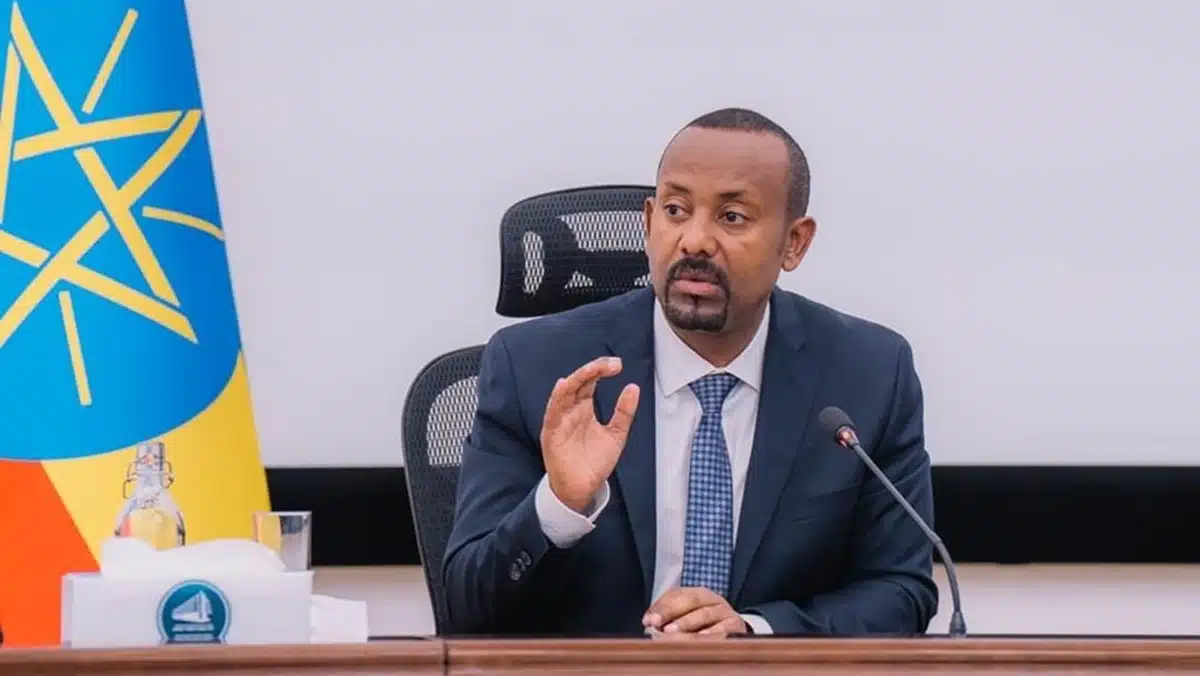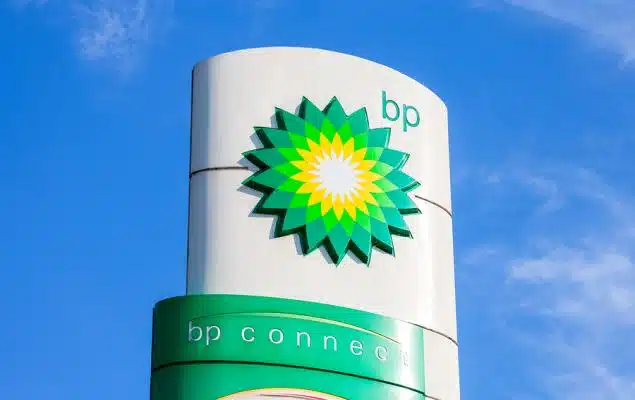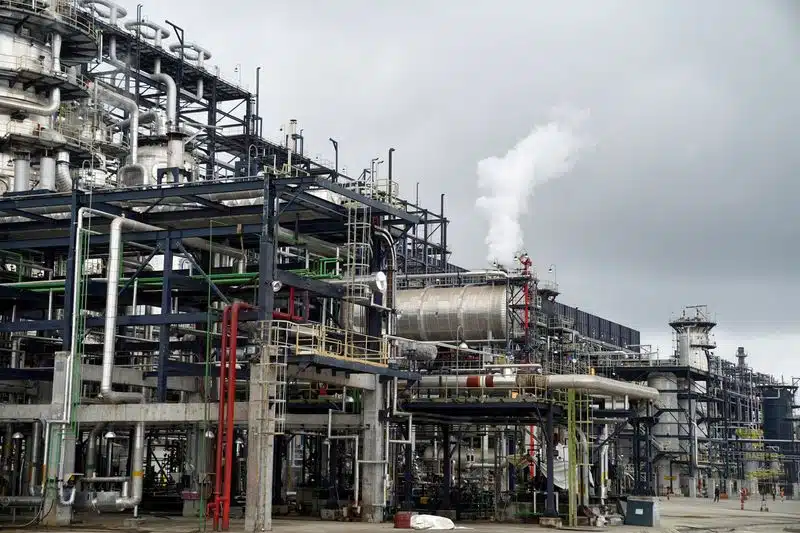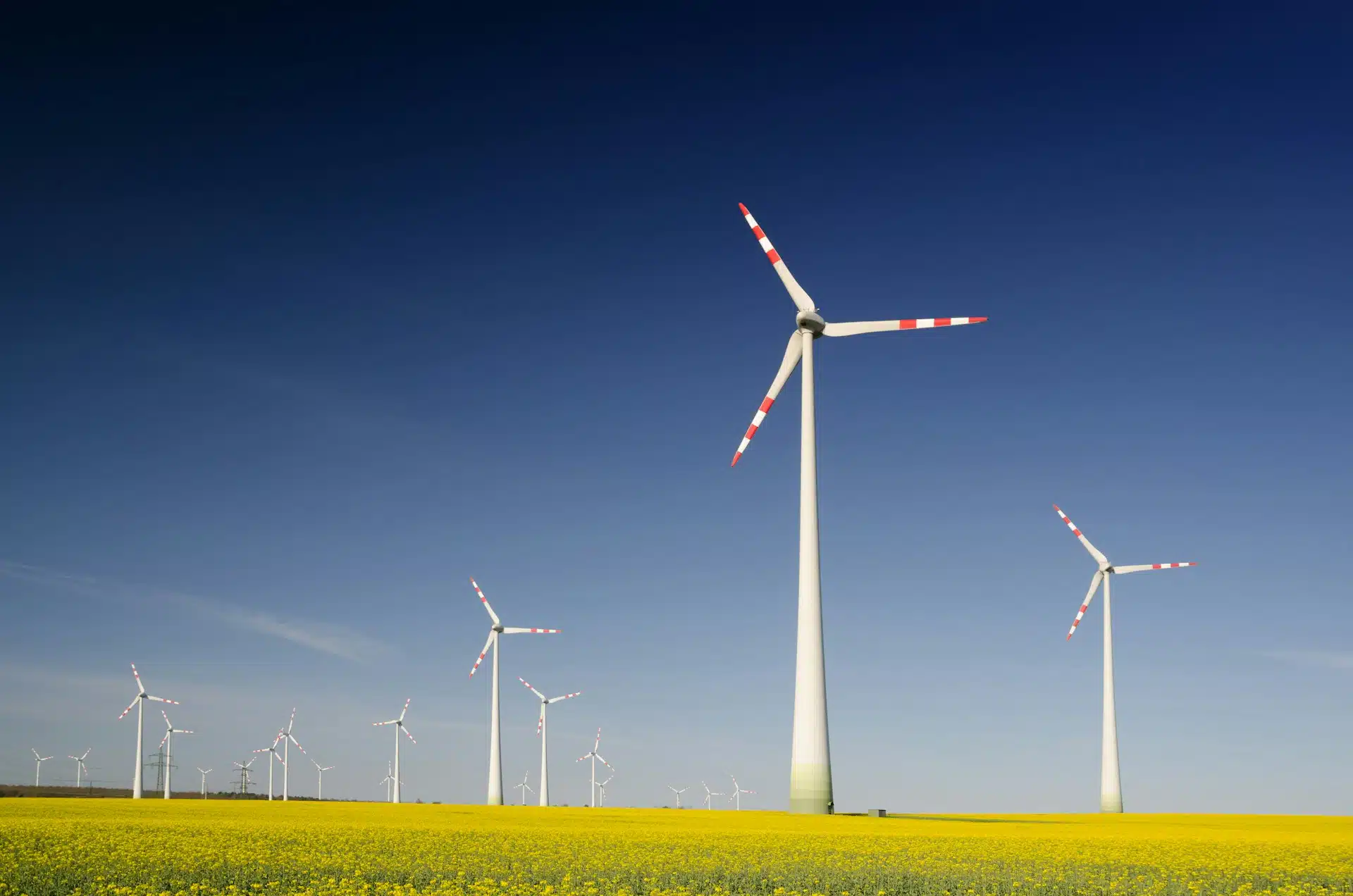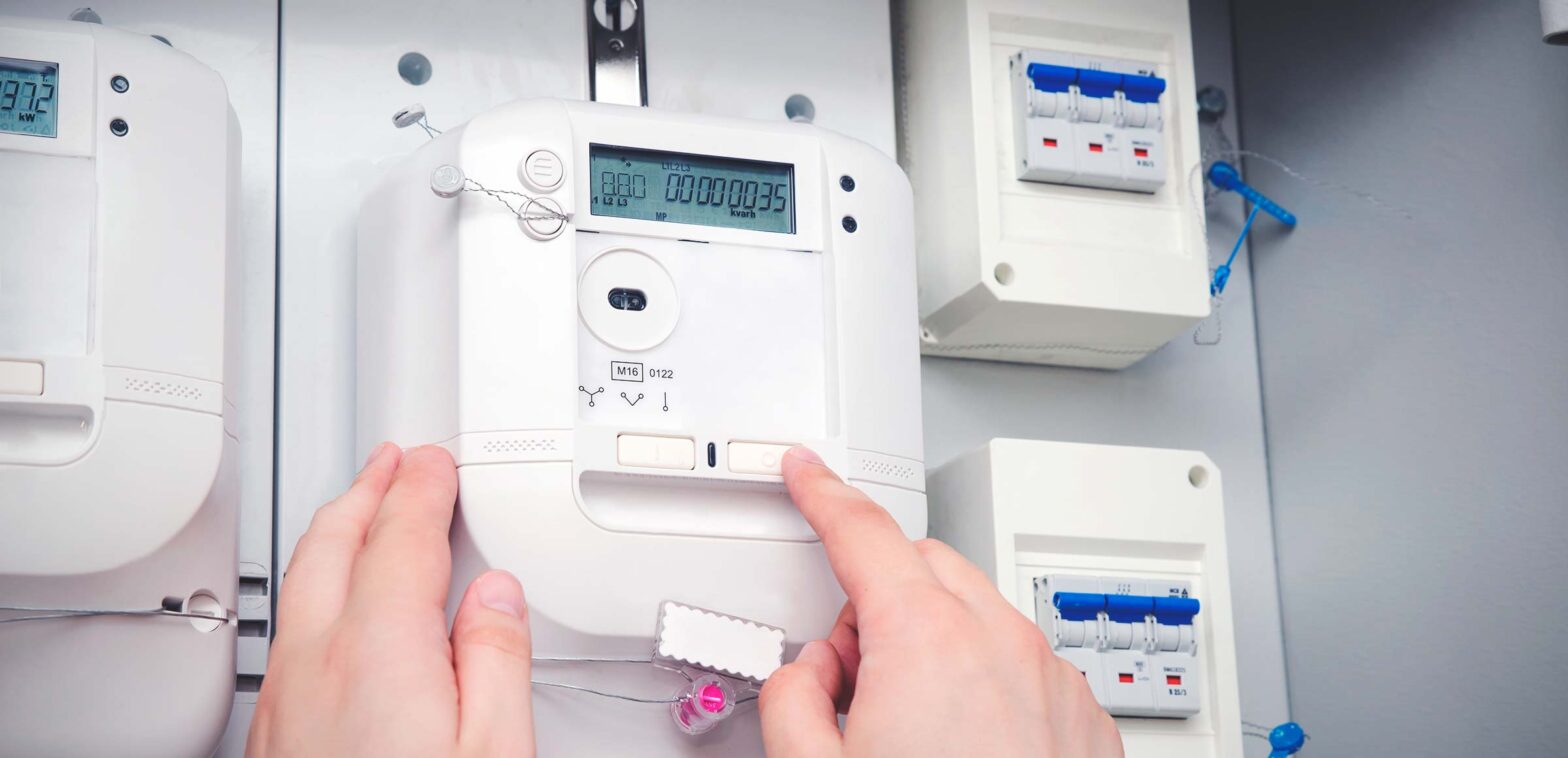Ethiopia’s Prime Minister, Abiy Ahmed, has announced plans to kick off commercial gas production this September, paving the way for the country’s first ever natural gas export.
The disclosure, made during the 42nd regular session of the House of People’s Representatives, signals a transformative moment in Ethiopia’s journey from resource holder to active energy producer.
“We are set to launch our first gas production this September, with marketing to commence shortly after,” Prime Minister Abiy said while addressing parliament.
Ethiopia has faced foreign exchange shortages in recent months due to a partial fuel subsidy that has fueled inflation.
The government spent millions of dollars last year to keep fuel prices down for consumers during the rally in global oil prices.
But these measures have weighed heavily on the national budget of Africa’s second most populous nation, begging for alternatives.
As a result, the government has begun a phased withdrawal of subsidies and is now also seeking to unlock idle and largely untapped natural gas reserves.
Moving from mere gas holder to producer
The Prime Minister noted that gas development had stalled for years due to mismanagement and regulatory ambiguity.
Ethiopia discovered proven reserves of 7 trillion cubic feet of natural gas in the Ogaden region in August 2022.
The region shows prospects of commercial quantities of crude oil in the region.
But the newfound petroleum resource, which could fetch Ethiopia up to $8 billion annually, has remained untapped.
“Until recently, companies involved in the gas sector sought only to obtain licenses and profit without actual production,” he said. “We have now eliminated such practices.”
Last month, the government halted the idea of exporting gas from the Ogaden Basin to Djibouti through a pipeline, after failing to secure financing for the project.
The resource will now be used locally to strengthen energy security.
Ongoing economic transformation and export potential
Meanwhile, Ethiopia’s economic momentum goes beyond gas. Its mineral sector has seen a significant boost of late.
The Prime Minister highlighted that gold exports surged from four tons to 37 tons in the previous fiscal year, generating $3.5 billion in revenue.
“After years of neglect, we are now unlocking the full potential of our mineral resources,” Abiy stated.
Separately, The government is also collaborating with Nigeria’s Dangote Group to build a large fertilizer plant.
The $3 billion project, expected to be completed in 40 months, is aimed at improving agricultural productivity and reducing fertilizer imports.
“From launching our own gas production to expanding industrial capacity and growing our service sector, Ethiopia is embracing a new era of economic self-reliance and global engagement,” Prime Minister Abiy declared.
The eastern African nation recorded a key achievement in cross-border energy trade recently by exporting electricity to Tanzania for the first time.

